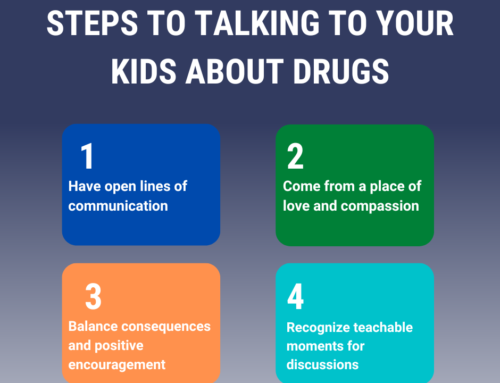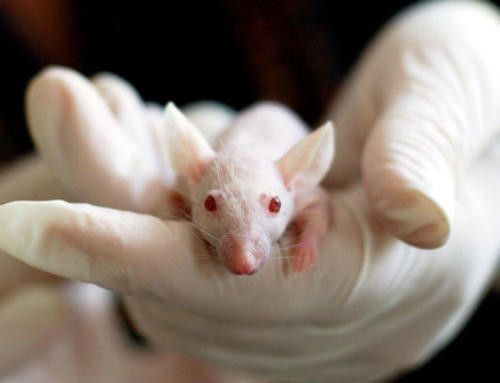Huntington, West Virginia is a blue-collar area that is known as the overdose capital of the world. Because there were a lot of labor workers who would get injured, if they could not get painkillers, they would use heroin. The Netflix short documentary Heroin(e) shows just how bad this small town can get in regard to the opioid crisis and the three women doing something about it.
Overdoses happen at least five times a day in Huntington. We see them happen on the street, in their homes, at the store, etc. We meet Jan Rader who is a nurse, medic, and the only female fire chief. Rader feels like the opioid epidemic has the potential to bankrupt the country as the documentary’s website says the opioid crisis causes $78.5 billion a year. She responds to every overdose call she gets about someone overdosing. Even though this is a common occurrence in Huntington, every call is taken seriously as Rader believes that there is always a chance that someone that overdoses could want to one day be in long-term recovery. She makes sure to give each case Naloxone which blocks the opioid receptors in the brain for cravings. Rader also mentions how other firefighters tend to get PTSD from having to resuscitate the same person repeatedly.
We also meet Judge Patricia Keller who is in charge of the drug court which is an intense program that requires weekly meetings, support group meetings, and drug screenings. She deals with tough questions from drug users such as how to recover from drug addiction if there is no help that exists within the prison facility. Keller has also seen drug users graduate from her program and you can see the maternal care she gives to each user struggling from addiction.
There is also Necia Freeman who is a Huntington resident who drives around and finds shelter for sex workers she finds on the streets who are drug addicts. This documentary may not provide us with the answers that we are looking for in regards to how to fully heal this small-town affected by heroin. These women know that the answer to help drug addicts is not by harsh punishments but by treating them as real individuals. This town has three heroines who are willing to do everything they can to save the lives and drug users and show them a better life.
Located in downtown Midland, The Springboard Center’s mission is to offer programs and services to treat alcohol and drug addiction treatment using an evidence based curriculum, 12 step programs, diet, nutrition, exercise, emotional, mental and spiritual development for a long recovery. For more information, please call us at 432-620-0255 as we are open 24 hours a day, 7 days a week.




